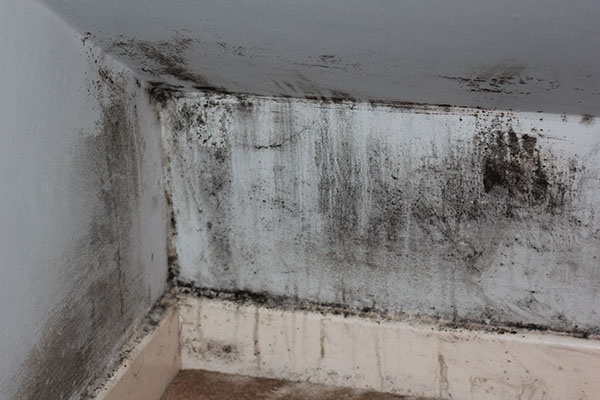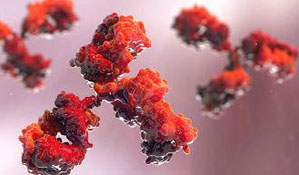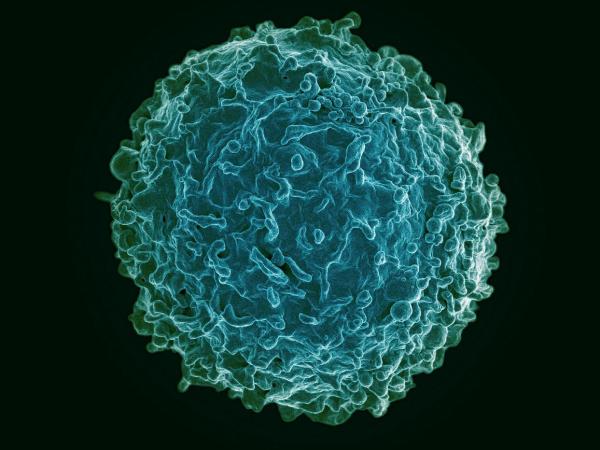Blood Test Predicts Premature Labor
First-Trimester Blood Analysis Could Enable Earlier, More Effective Intervention
Imagine a world in which pregnant women routinely travel to places of healing and meet with wise sages who examine a bit of their blood to divine when their babies will be born. While this may sound like something out of Greek mythology, it may soon become a reality, as IRP researchers have developed a test that was able to use blood samples taken early in pregnancy to identify women who would later deliver their babies prematurely.










